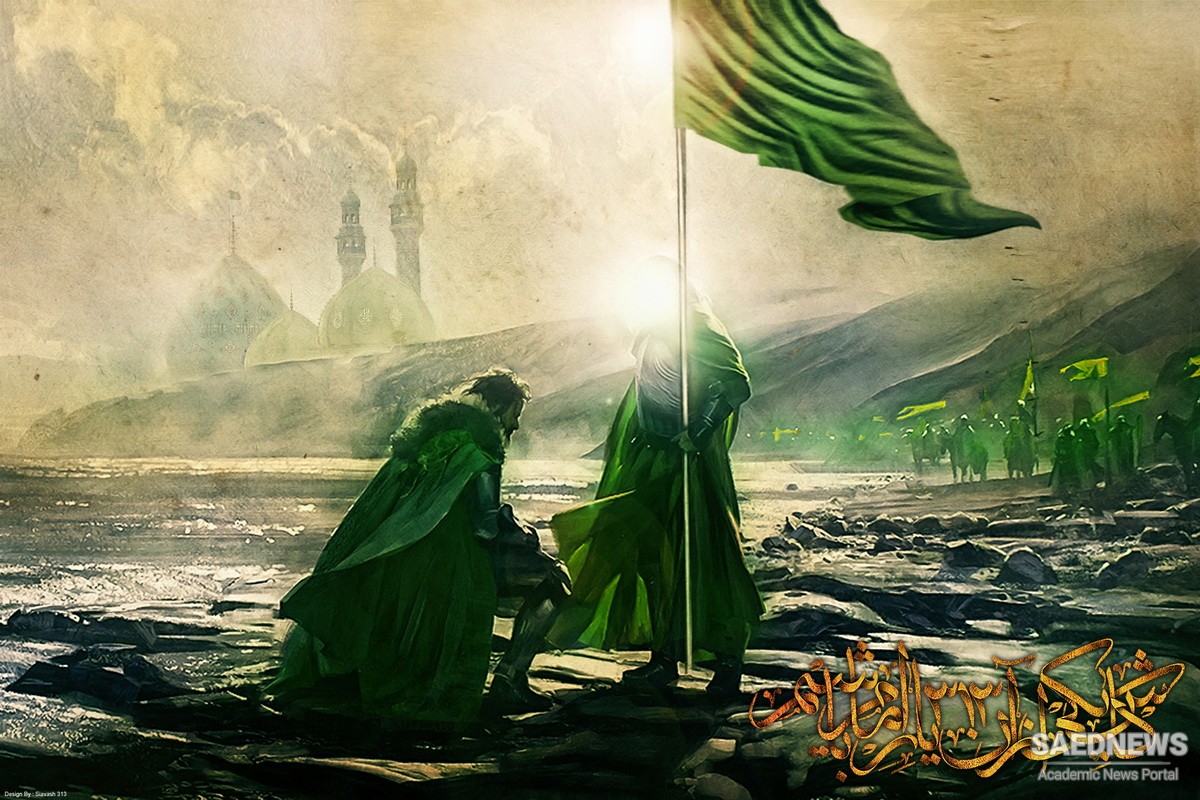The al-Mahdi concept in its fully developed form became a recurrent theme in Islamic history because it was able to gather various kinds of social and political tension and to unite them into an active opposition, or, if the time was not rape, quiet expectations of a new time. The main instrument was the emphasis on that past phase of the cultural development when the believers were guided and led by the Prophet Muhammad; that was according to them, the best of times. The tensions had their origin in the less fortunate classes, which—once the pattern had been established—increasingly resorted to this form of political selfexpression. The history and ideas behind this notion should not be understood as eschatological in the traditional sense of the word. Therefore, comparisons with Jewish Messianism, or with the Christian conception of the second coming of Christ, will not aid our understanding of the whole complexity of Mahdism in its Muslim context. Much work has been devoted to meticulous descriptions of the various Mahdist movements and tedious presentations of the theological literature which, in one way or the other, deals with the appearance of al-Mahdi but there have been few attempts to set it in a wider context of Islamic history. But it is inconceivable that the kind of super-spirituality which has been commonly associated with the coming of the Mahdi, was suddenly implanted in Islamic thought, as has been the implicit position of scholars from East and West alike, who in one way or another have dealt with that subject. The notion of a Mahdi must have emerged from a particular set of social and political conditions.


 Al-Mahdi and Last Things: Shia Conception of Doomsday
Al-Mahdi and Last Things: Shia Conception of Doomsday














































